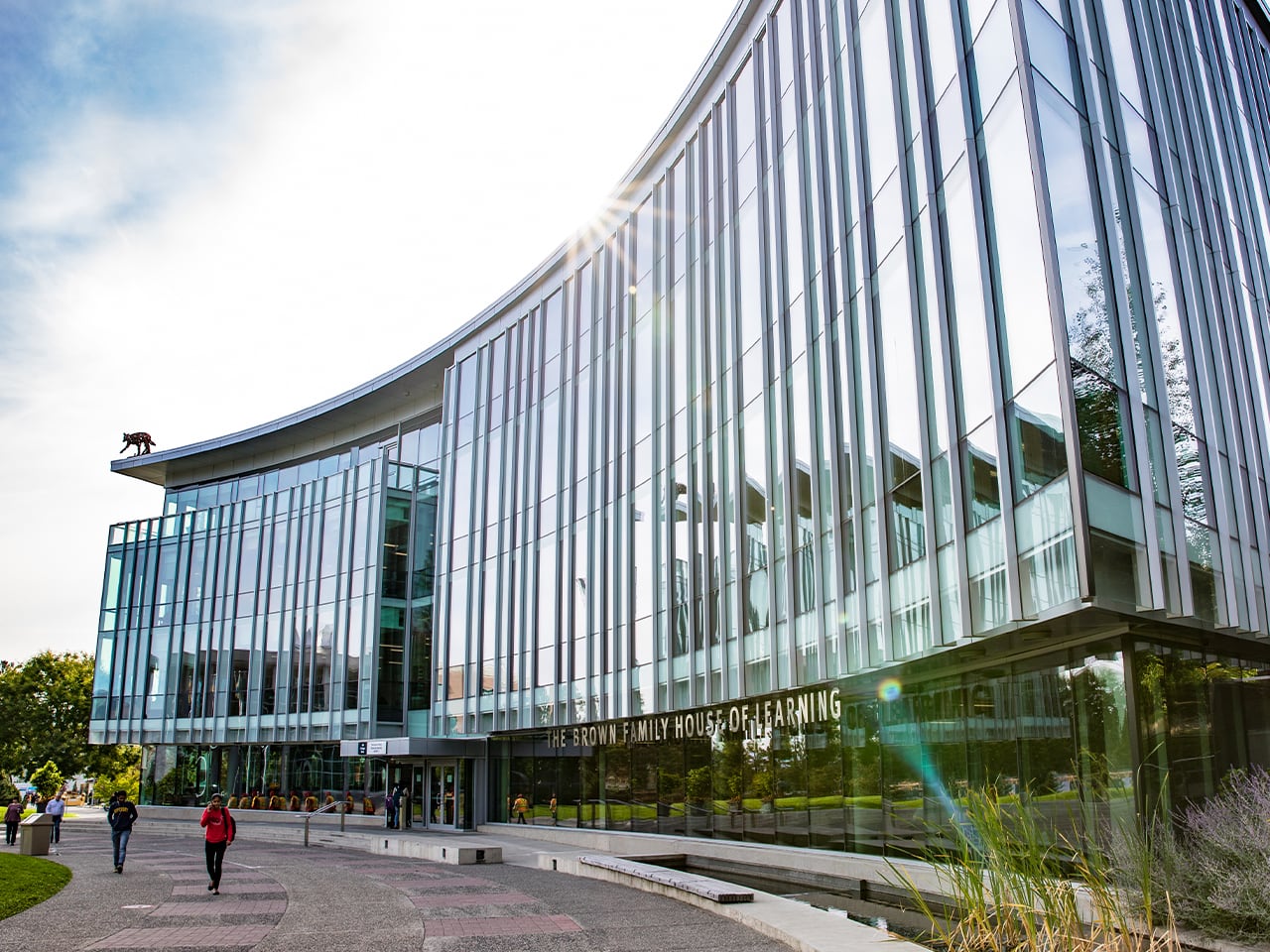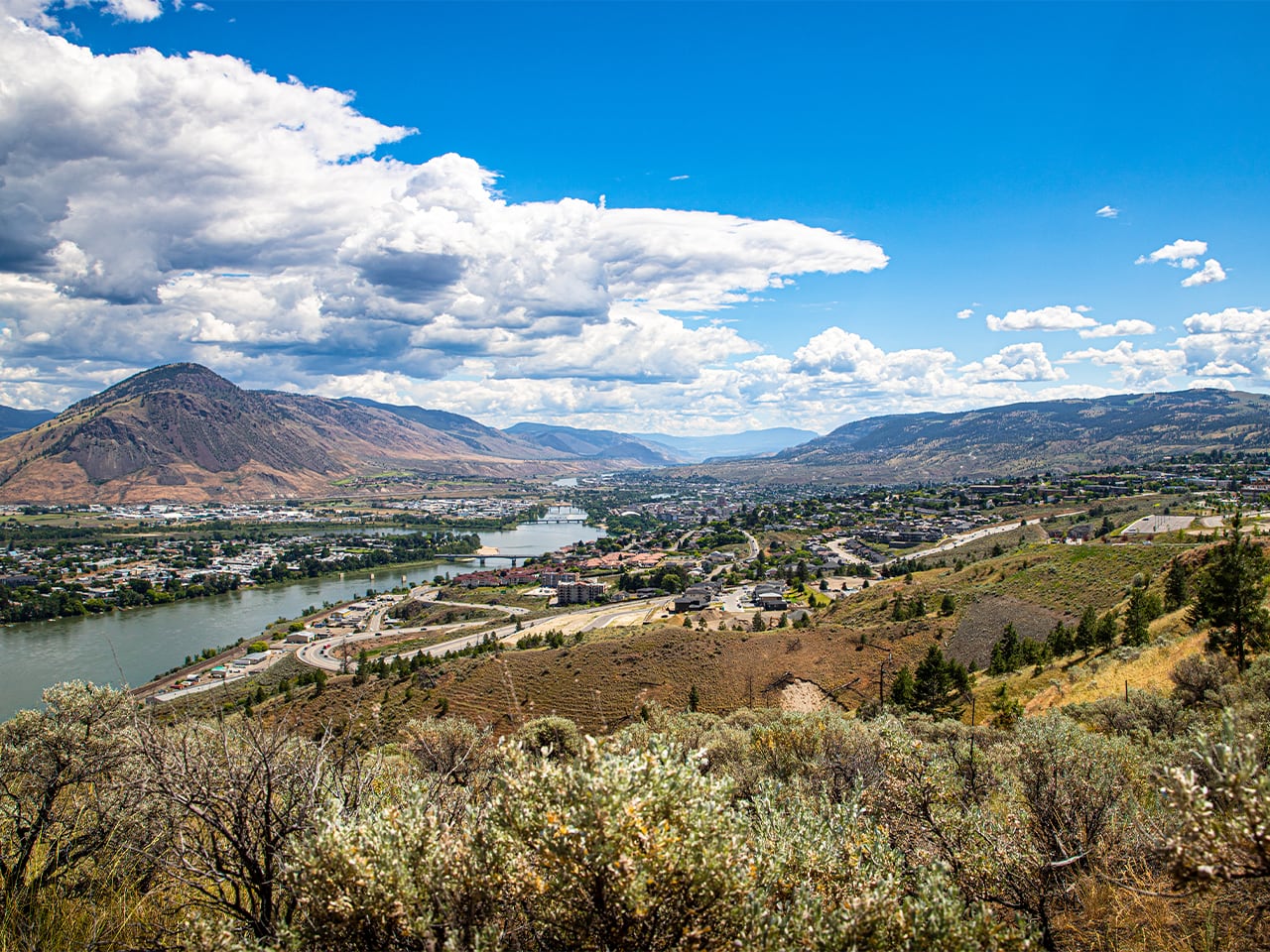Find out how you can make a difference in the world, with an interdisciplinary teaching approach and flexible learning pathways.
You want to change the world. Turn your bachelor’s degree into a Master of Arts in Human Rights and Social Justice, and lead projects for NGO’s, government agencies and social services; or prepare for your PhD program.
- Do you consider yourself an activist?
- A humanitarian?
- Do you want to build your social justice skills to expand your career, or are you already responsible for leading change in equity, diversity, and inclusion for your organization?
TRU’s Master of Arts in Human Rights and Social Justice gives you flexibility in how you complete your degree with four unique pathways. After graduation, you’ll be ready to make an impact—whether that’s through landing your dream job, positioning your current organization to adapt to a changing world, or continuing on to further PhD studies.
Changing world
PhD studies
Dream job
Why pursue a Master of Arts in Human Rights and Social Justice at TRU?
- Get hands-on experience working on human rights and social justice issues through opportunities with non-profit organizations, all levels of government, the business sector, university research faculty, health authorities and the greater community.
- Indigenous Ways of Knowing course.
- Condensed program structure lets you graduate in four academic semesters.
- Innovative, interdisciplinary courses built and taught by teams of experts drawing from all areas within the Faculty of Arts.
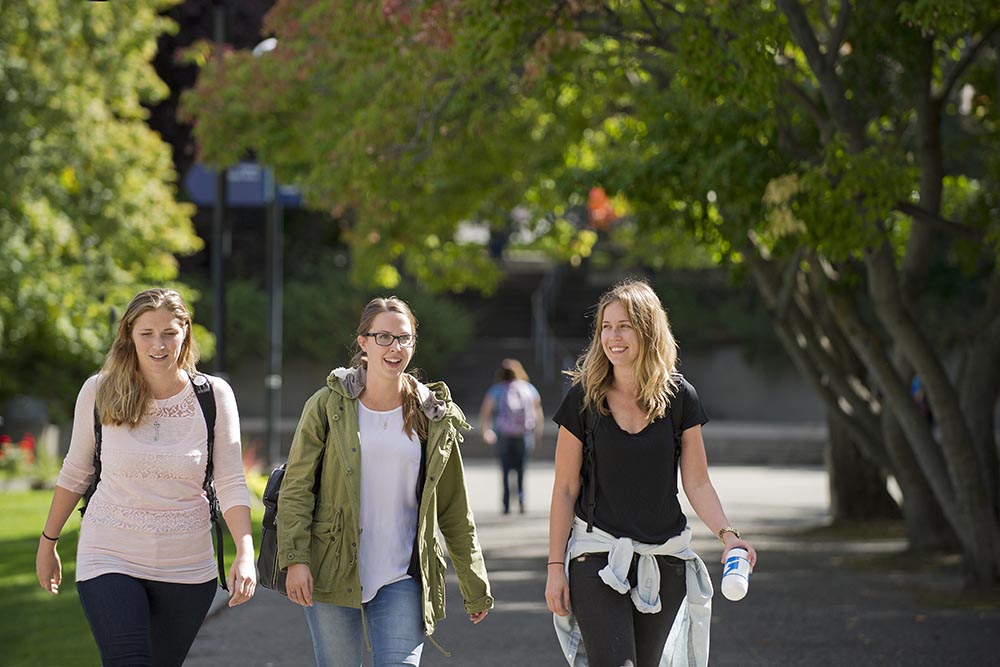
What will I learn?
You have big ideas about what the world’s most pressing issues are, and we believe you should have the flexibility to focus your master’s education where your interests lay. You can choose to base your program on courses, a project, a thesis or a creative expression project.
Course-based
Thesis-based
Project-based
Creative expression
- Discuss environmental, social and legal issues related to water access.
- Become an engaged global citizen and problem solver who can tackle problems from multiple perspectives.
- Be a leader in the advancement of a just society—locally and globally.
- Critique current systems and provide solutions.
- Position your organization to adapt to a changing world and shifting social mores.
- Gain theoretical and practical knowledge related to human rights and social justice issues that affect your community.
How the program works
You will complete the three required core courses (HRSJ 5010, 5020, and 5030) in semesters one and two, and will complete the required experiential course (HRSJ 5040) in the third semester, regardless of what completion option you choose. The program lasts 16 months — four semesters.
| Students create an e-portfolio summarizing their experiences and learning within the MA program. | |
|---|---|
| Semester | Credits |
| First semester | Nine credits (required and elective courses) |
| Second semester | Nine credits (required and elective courses) |
| Third (summer) semester | Three credits of field experience |
| Fourth semester | Nine credits (including HRSJ 5940, the e-portfolio, which you can enrol in beforehand, but only complete at the end of the program) |
| Students develop and research a project, typically in consultation with a partner organization or group, related to issues of human rights and/or social justice. Students completing the research project option work under the supervision of a faculty project advisor. | |
|---|---|
| Semester | Credits |
| First semester | Nine credits (required and elective courses) |
| Second semester | Nine credits (required and elective courses) |
| Third (summer) semester | Three credits of field experience |
| Fourth semester | Six-credit research project, which you will enrol in beforehand, but only complete at the end of the program). Plus three credits for the final elective. |
| Students explore and develop an original and substantial research project related to issues of human rights and social justice under the direction of a faculty supervisor and a thesis advisory committee. | |
|---|---|
| Semester | Credits |
| First semester | Nine credits (required and elective courses) |
| Second semester | Six credits (required and elective courses) |
| Third (summer) semester | Three credits of field experience |
| Fourth semester | 12 credits made up entirely of HRSJ 5910 or 5920, which you will enrol in at the beginning of the second semester, but not complete until the end of the fourth semester — can be extended if necessary |
| Students develop an original and substantial creative expression project related to issues of human rights and social justice under the direction of a faculty supervisor and an advisory committee. Creative expression can include, but are not limited to, art exhibits, creative writing, theatre production. | |
|---|---|
| Semester | Credits |
| First semester | Nine credits (required and elective courses) |
| Second semester | Six credits (required and elective courses) |
| Third (summer) semester | Three credits of field experience |
| Fourth semester | 12 credits made up entirely of HRSJ 5910 or 5920, which you will enrol in at the beginning of the second semester, but not complete until the end of the fourth semester — can be extended if necessary |
What you need to get in
All students
- Completion of a four-year undergraduate baccalaureate degree or equivalent in an appropriate discipline (for example, sociology, political science, history, anthropology) from an accredited institution.
- A minimum GPA of a 3.3 (on a 4.3 scale) in the last 60 credits at the undergraduate level (exceptions are made on a case-by-case basis if the applicant can demonstrate academic or relevant experiential growth since graduation in the fields of human rights or social justice).
- A letter of intent highlighting your experience and enthusiasm related to issues of human rights and/or social justice.
- Your CV or resumé.
- Official academic transcript(s) from all prior post-secondary institutions attended — sent directly to Thompson Rivers University from the institution.
In addition to the above requirements, it highly recommended that you:
- Specify in your statement of intent your completion pathway preference (although there is time to change before the beginning of the second semester).
An admission committee will review each application. The committee is keen to engage with students who demonstrate dedication and enthusiasm related to issues of human rights and social justice, and who demonstrate a desire to interact with faculty members, other students, and organizations or groups that work in fields of human rights and social justice. The admission committee may interview applicants, via telephone or other methods, as part of the admission process.
English language proficiency
Applicants who did not complete their undergraduate degree in an English language university in a country where English is the primary language, should have one of the following:
- A minimum TOEFL score of 587 with a TWE of 5.0 or higher (paper-based test), or minimum score of 94 with no section below 20 (IBT), or
- A minimum IELTS score of 7.0 (with no band below 6.5), or
- Completion of TRU ENGL 1100 or 1101 and CMNS 1290 or 1291 with a minimum B.
Please note, meeting the minimum requirements does not guarantee admission. Upon acceptance and depending on the practicum placement, a criminal record/background check may be required for the field experience course (HRSJ 5040).
Career options
Graduates can use their Master of Arts to qualify for a PhD program, other relevant graduate studies, or go to careers in:
- Provincial, national, or international NGOs
- Various levels of government
- Private sector companies adhering to corporate social responsibility
It will motivate and mobilize generations to come with respect to social and environmental justice.”
— Dr. Alana Abramsom
Criminology Department Faculty
Kwantlen Polytechnic University
The pathways to degree completion are flexible and the inclusion of Indigenous content and perspectives is timely as are the other topics including the media, social determinants of health, etc.
— Dr. Stephen Grundy
Vice-President Academic and Provost
Environment and Sustainability Professor
Royal Roads University
[This is] an innovative degree program that combines rigorous, interdisciplinary academic training with meaningful opportunities for community engagement learning and service.
— Dr. Mary-Beth Raddon
Interim Graduate Program Director, Social Justice and Equity Studies
Sociology Associate Professor
Brock University
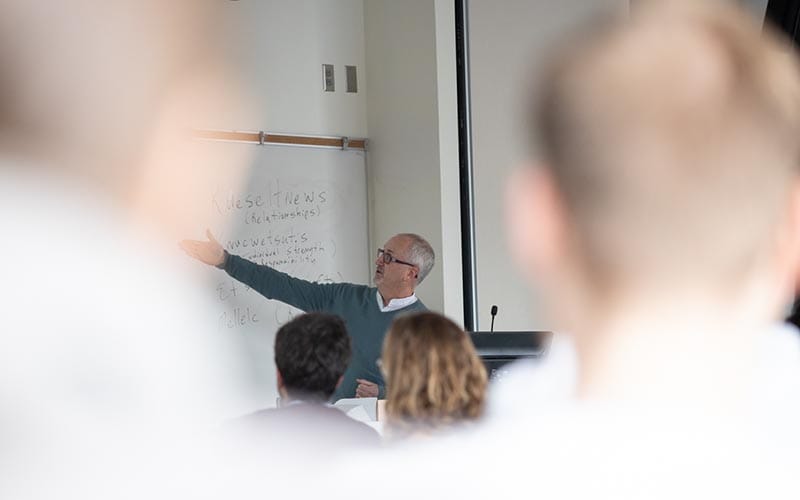

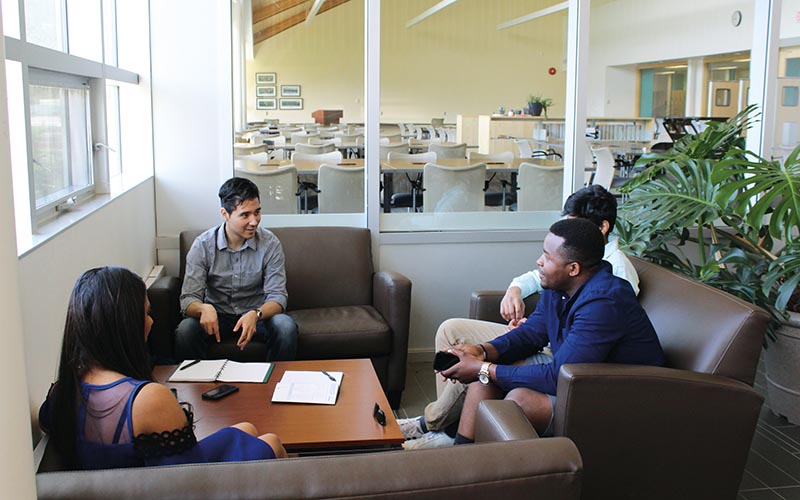
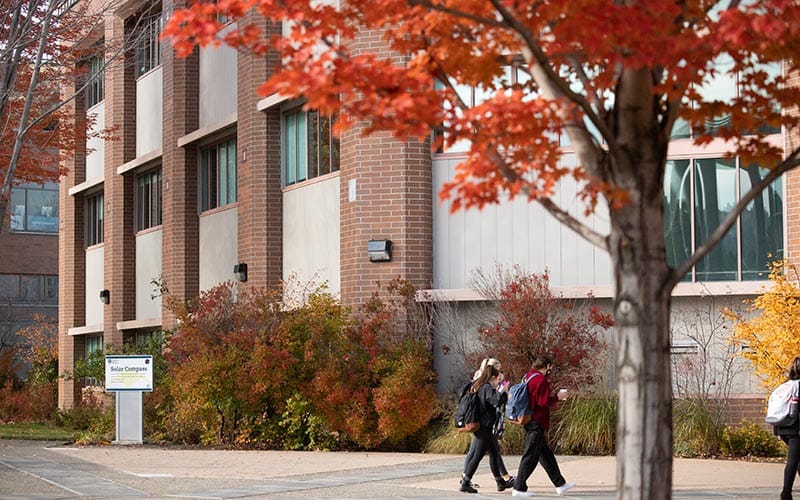
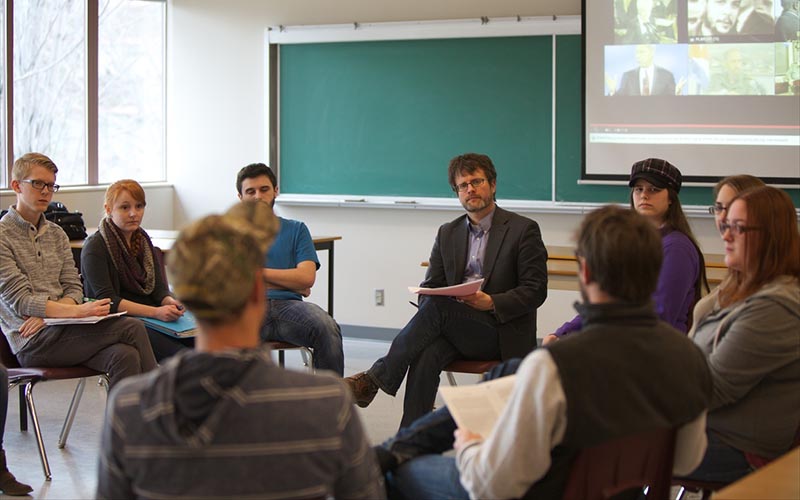
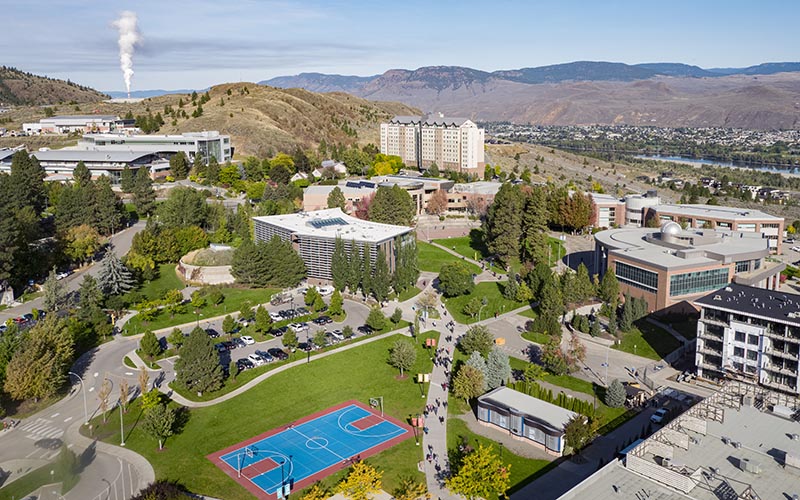
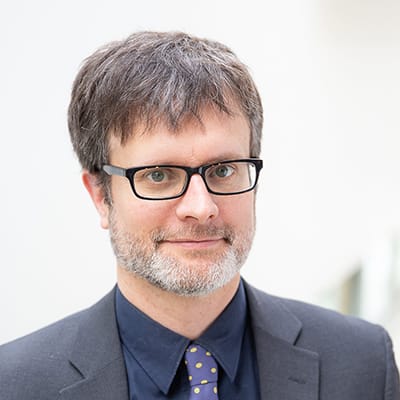
Wilson Bell
Areas of interest: The Gulag prison camps in the Soviet Union under Stalin—the mobilization of forced labour during WWII, black market activity in the camps, illicit sexual activity in the camps and the interaction between the Gulag and Soviet society more generally. Awarded two (2015–2017 and 2019–2022) Social Sciences and Humanities Research Council of Canada (SSHRC) Insight Development Grant for his project: 44 Lenin Avenue: Siberia's 20th century history as told through its most remarkable building.
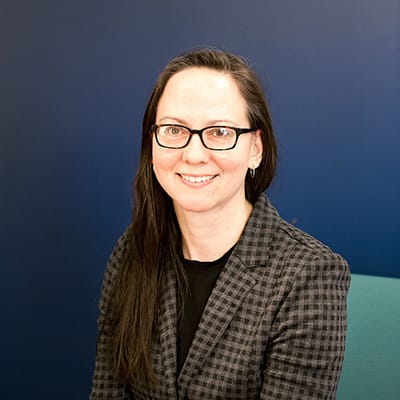
Tina Block
Areas of interest: The history of religion, gender, and family in postwar North America. Much of Block’s research has focused on the regional context of the Pacific Northwest, and she is particularly interested in understanding the place of religion in the construction of British Columbia identity. Block also seeks to examine and explain the history of women's religious (and irreligious) lives, and the meanings and consequences of atheism in Cold War era Canada.
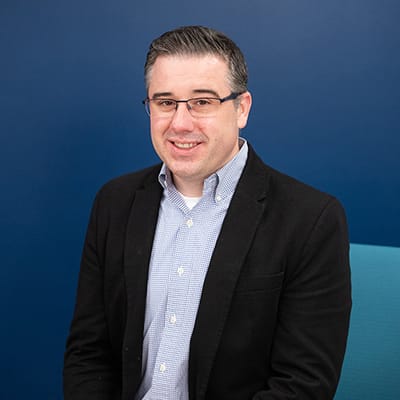
Robert Hanlon
Areas of interest: Exploring the links between corruption and human rights abuse in developing states. Hanlon is interested in the political dynamics of corporate social responsibility and how multinational business actors behave in emerging economies. His regional area of focus is Asia with a specialization in Greater China and Mainland Southeast Asia.
Program Fees
Program Details
- Credential
- Master of Arts in Human Rights and Social Justice
- Delivery
- Kamloops
- Length
- 16 months
- Intake dates
- September
- Applications
- Now accepting applications
- International
- Open to international applicants

